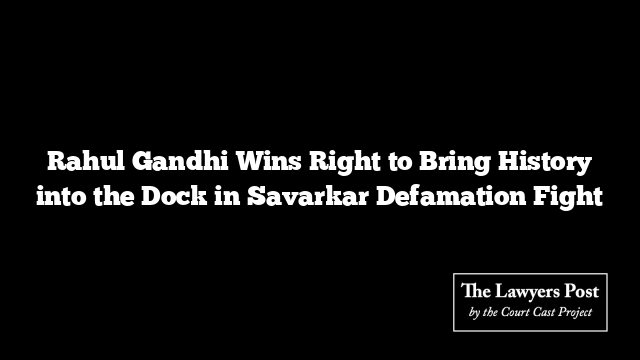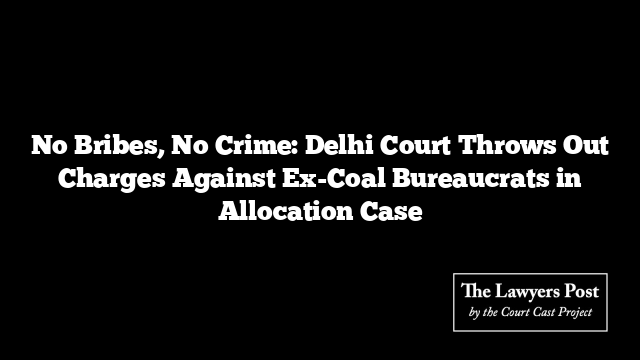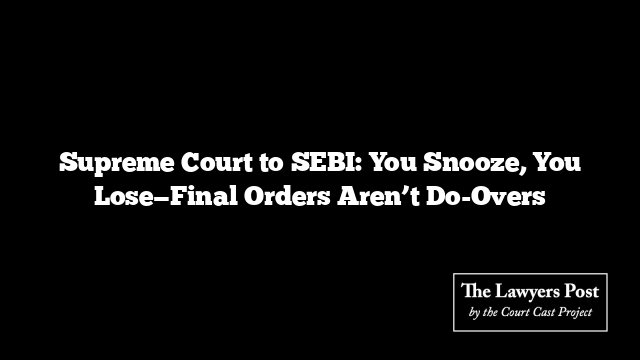In a legal twist with echoes of the past, a Pune court has cleared the way for Rahul Gandhi to turn the defamation case against him into a stage for historical scrutiny. What began as a simple defamation complaint has now morphed into a full-fledged summons trial—one that promises to dig deep into the layers of India’s political memory.
The courtroom decision marks a strategic victory for Gandhi, who had requested that the case be shifted from a summary to a summons trial. Why? Because he plans to mount a defense rooted not in rhetoric, but in history.
Judicial Magistrate Amol Shriram Shinde agreed, noting that Gandhi’s remarks about Hindutva figure Vinayak Damodar Savarkar are entangled with “complex” historical and legal questions. Summary trials don’t permit detailed witness examination or the kind of evidence Gandhi intends to present. The court ruled that would be inadequate for a case like this.
“In a case where historical facts are central to the defense, it is not desirable to proceed summarily,” the judge wrote, underlining the need for a more thorough trial structure. The accused, he said, must be allowed to cross-examine the complainant’s witnesses and introduce his own material into the record.
This all stems from a controversial speech delivered by Gandhi in London back in March 2023. In it, he cited an incident allegedly described in Savarkar’s writings—one involving the assault of a Muslim man, which Savarkar purportedly found “pleasurable.” That statement sparked outrage, particularly from Satyaki Savarkar, a grand-nephew of the historical figure, who filed the defamation complaint.
Satyaki claimed the incident was fictional, and demanded maximum punishment under Section 500 of the Indian Penal Code, which deals with criminal defamation. He also asked for the highest possible compensation under Section 357 of the CrPC.
But Gandhi didn’t back down. Instead, he went to court seeking a trial format that would allow him to back up his claims with documentation, context, and expert testimony. The court agreed.
According to the order, defamation under Section 500 falls within the category of a summons case, which allows more procedural depth than a summary trial. And under Section 260(2) of the Criminal Procedure Code, a magistrate has the authority to shift gears mid-trial if it appears necessary in the interest of justice.
This isn’t just a technical courtroom shuffle—it opens the door for a potentially landmark confrontation over the legacy of one of India’s most polarizing freedom fighters. And it means Gandhi will get his chance to try Savarkar in the court of law, as much as he’s tried him in the court of public opinion.





